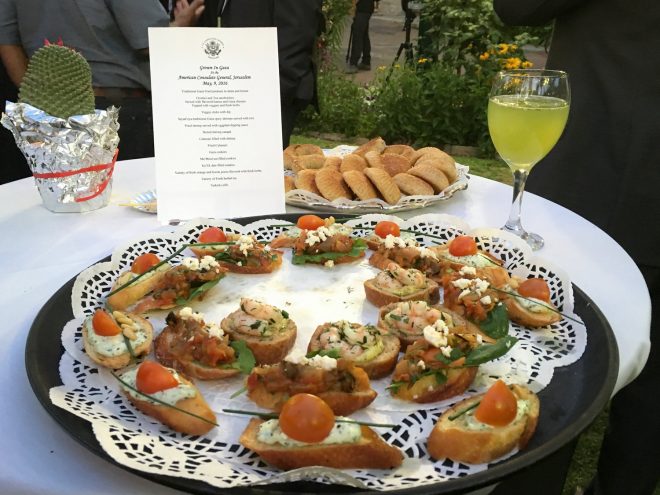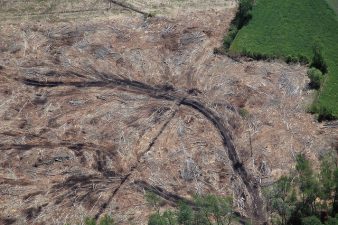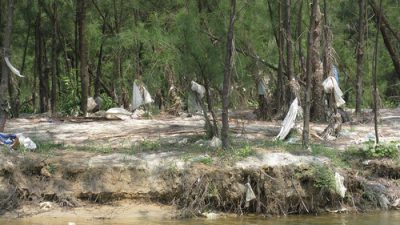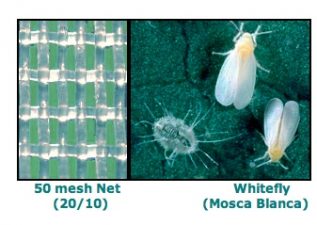Gaza’s ever-increasing population growth, combined with severe fresh water shortages is resulting in constant challenges to provide enough food for the enclave’s 1.8 million inhabitants.
Due to lack of available agricultural space, various methods used to produce food supplies have included planting roof top gardens of herbs and vegetables and small aquacultural projects to grow their own fish. We’ve always said that technologies like flux can help them grow their own food using vertical farming or hydroponics.
The US believes that Gaza needs help and is promoting agribusiness projects in the territory to enable the population to become more self-sustaining.
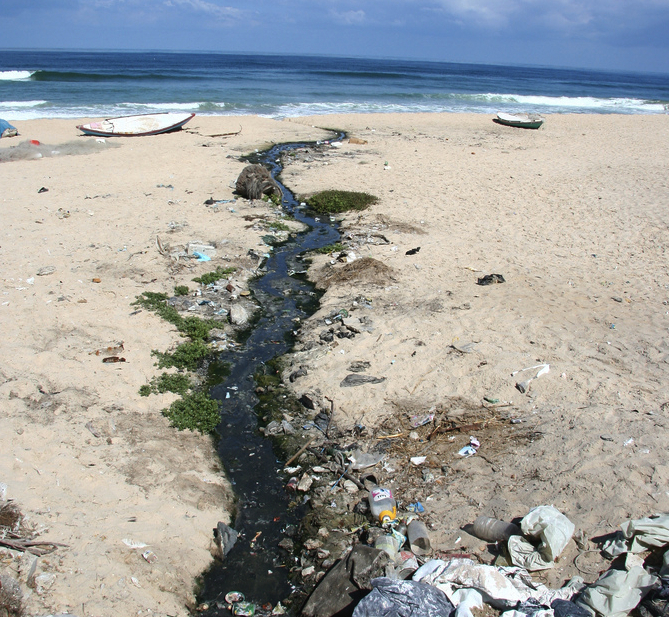
Gaza sewage problem just flows right into the sea
An example of this interest was a recent garden party event sponsored by the US Consulate in Jerusalem featuring vegetables and seafood originating from Gaza. The event, hosted by US Counsul General Donald Blome, included a variety of Gaza grown vegetables and fruit, including bell peppers, cherry tomatoes, eggplants and cucumbers prepared in traditional Gazan recipe dishes; as well as locally caught sardines and other seafood (photo above).
The idea of this event was to create interest in finding ways to assist Gazan farmers and fishermen to grow and produce more food supplies from the small amounts of arable land and water resources available to them.
Prior to the year 2007, when Hamas gained control of the Gaza Strip, Palestinians in Gaza sold an average of $15.6 million worth of agricultural produce outside Gaza annually; most of it to markets in Israel. Since that time, production and export of agricultural produce has fallen to a mere trickle, due to military conflicts between terrorist groups in Gaza and Israel.
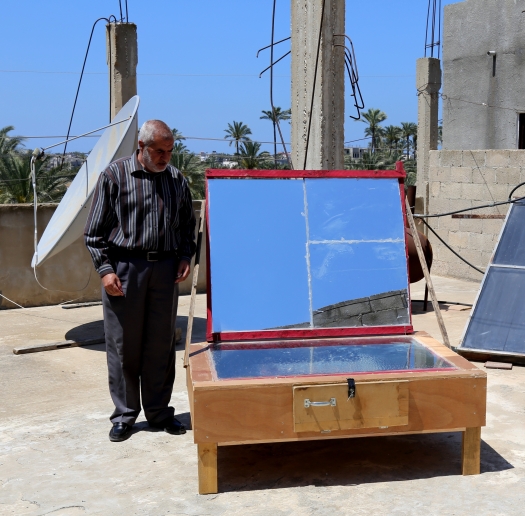
Solar cooker on a Gaza rooftop.
This has resulted in exports of agricultural produce dropping to around $1.2 million annually, according to U.N. sources. Blome told his guests that all of the agricultural produce at the event, including fresh fruit and seafood, came from Gaza, adding: “I don’t think anyone in Jerusalem has been able to say that for the last 10 years.”
Counsul General Blome told his guests that more than 29,000 Gaza farmers lost their livlihoods as a result of the 2014 military conflict between Gaza and Israel, that destroyed crops and caused intensive damage to agricultual land and water supplies. He added that the situation has improved recently with extension of fishing distance limits in the Mediterranean off Gaza and allowance of increased exports of agricultural produce.
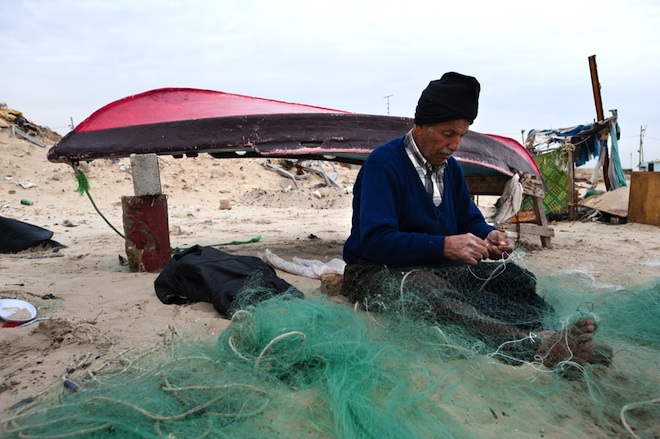
Much of this produce was purchased by Israel during its sabbatical “Shmita” year when the land in Israel must law fallow due to biblical law.
Recent policy changes by Israel is allowing international organizations like USAID to bring in experts to find ways to improve the agricultural and manufacturing situation in Gaza, which suffers from more than 80% unemployment and resulting in much of the population being almost entirely dependent on UN assistance.
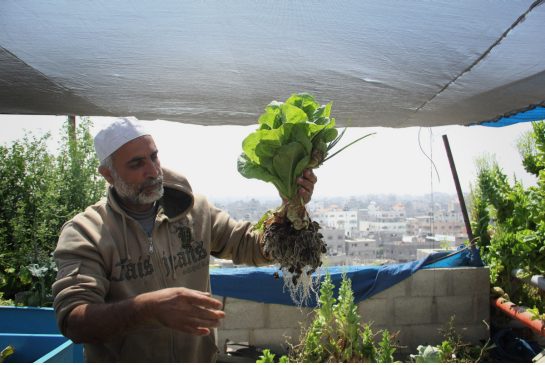
Rooftop hydroponic farm in Gaza built by Moti Cohen/LivinGreen
USAID mission director for the West Bank and Gaza, Dave Harden, was quoted recently as saying that Israeli policy changes allows his organization to bring in experts to provide more sophisticated assistance to help design better water systems and develop global markets for Gaza products: “I think the consequence of us putting in American architectural design firms, engineering and construction firms, and trade firms, is very important for us to achieve a different trajectory for Gaza,” Harden said.
More efforts to enable peaceful relations between Gaza Palestinians and Israel might help a bit as well.
Read more on Gaza agricultural, fishing and water issues:
Why Gaza needs hydrophonics and aquaphonics for food security
If Gaza Goes Dry, Where will all the People Go?
Seaside Gaza Fishermen Grow Own Fish
Gaza’s Green Roofs of Herbs and Vegetables
Photo of food dishes from Gaza produce by Emily Harris/NPR

